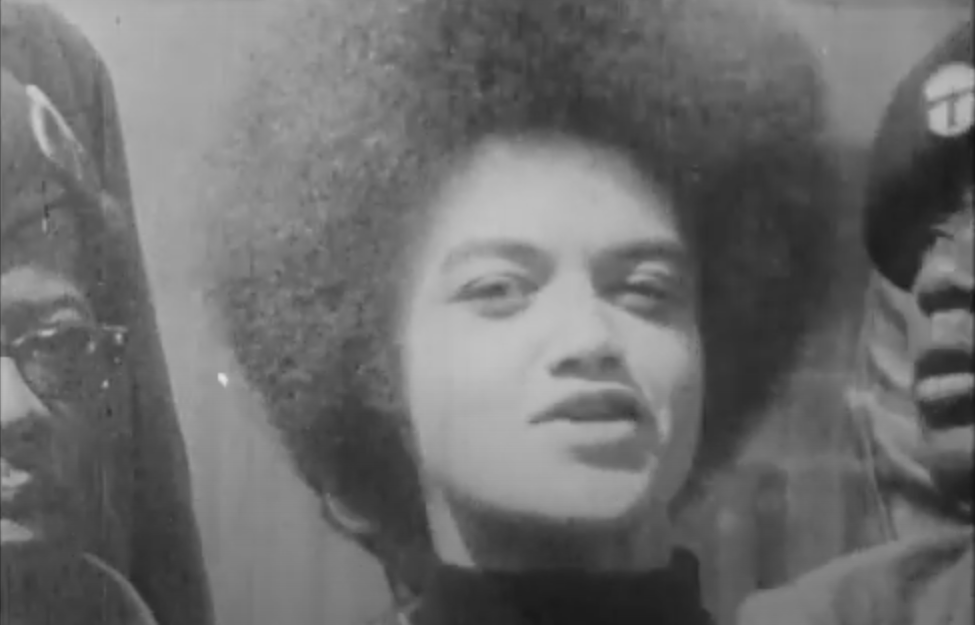In July, 1969, Jules Siegel interviewed several Black Panthers for an article he was writing. The Panthers he spoke to talked quite a bit about a topic that has been very much in the news over the past year — reforming the police. Field Marshal “D.C.” [Donald Cox] of the Black Panthers laid out the fundamental problem:
“It has been called police brutality. It’s a matter of educating people to the fact that yes, it’s brutal, but the term for it is fascism. Black people already know, because they’ve lived under fascist terror ever since we’ve been in this country. Fascism is the police running amok in the black community.”
“Poison,” a field lieutenant from the Chicago Black Panthers, outlined the Panthers’ solution — community control of police:
“Lots of people don’t understand what community control means. It means giving the people a voice. Right now they have no voice because it is a centralist form of government. Community control of the police doesn’t mean that the community would take over the present pig [i.e., police] department. It means that people will have people from within that community policing that community. If one of these police would commit a crime against the people, he [sic] would have to come home at night. It’s a hard thing to go home if you’ve committed a crime against your own people. Before you commit that crime, you begin to think.”
It’s also important to note that Field Marshal D.C. asserted that the fascism of the police was not rooted in race and racism per se:
“It’s in the interest of the power structure to propagate the idea that it’s a race struggle rather than a class struggle. As long as they can keep people divided into ethnic groups, the masses are not going to join together to form a united front against the exploiter who is oppressing everyone.”
In short, the Panthers saw that the real problem was not the police, but the power structure that the police represented.
The Black Panthers had many problems, including rampant sexism. But I still find much of their vision for society compelling. They saw that U.S. capitalism was upheld by a form of fascism, and that police brutality was one manifestation of that fascism. They wanted to wrest social control away from “the oppressor,” and put that control back in the hands of the people. And they combined grand theory with practical action: by July, 1969, the Panthers’ “Breakfast for Children” program was feeding 50,000 children a week across the U.S. In spite of their flaws, theirs was a grand vision for a more just and egalitarian society. This vision provides a necessary context for their proposals for police reform.

Notes: Interview excerpts from “The Black Panthers” by Jules Siegel, from his book Record (San Francisco: Straight Arrow Books/Rolling Stone, 1972). More about the Black Panther Party at the National Archives, including vintage video footage, and brief biographies of prominent women Panthers.
